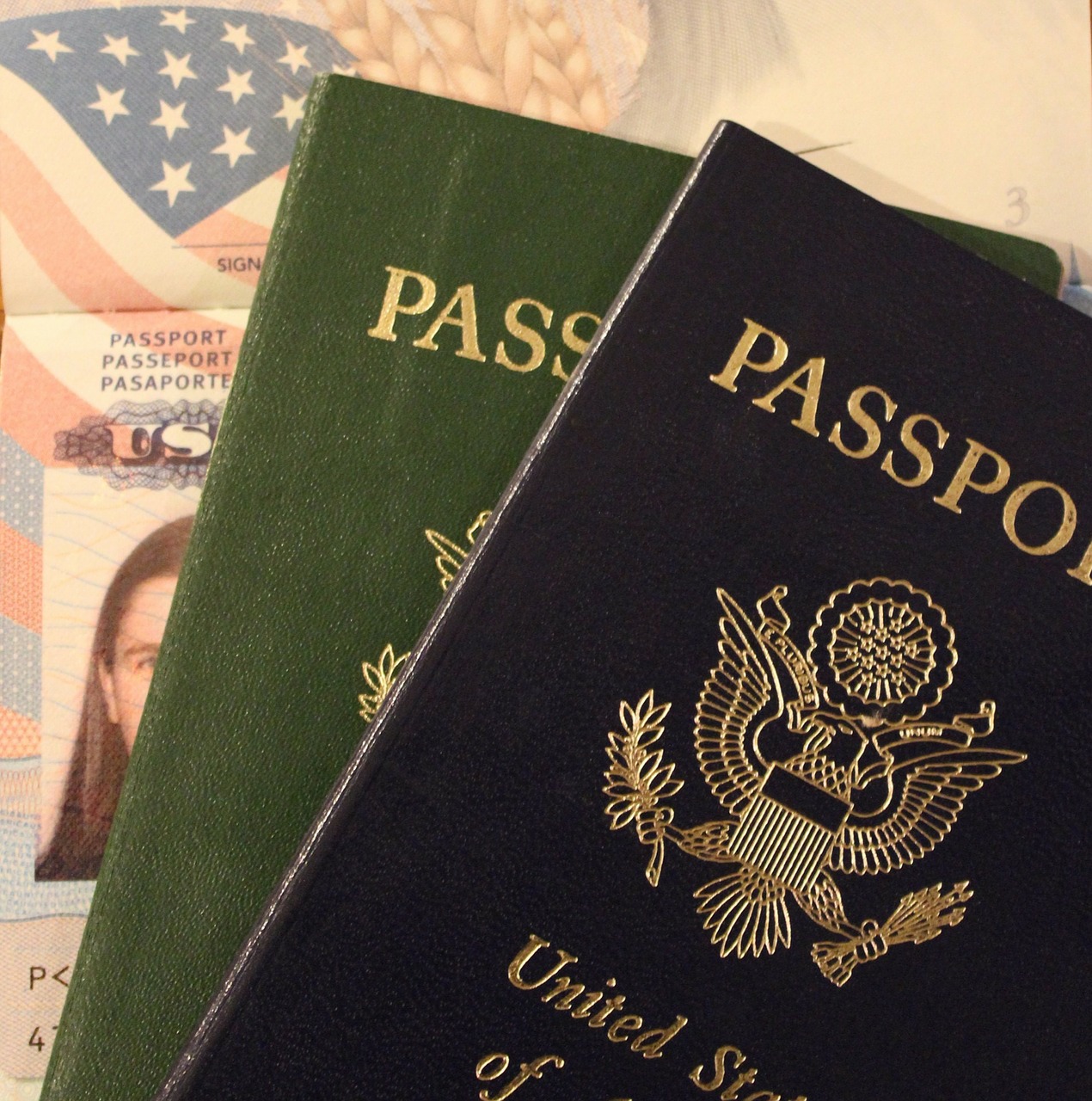For a few weeks now, German media have been involved in a heated debate on whether it is possible to Islam and if so, in what way. While some argue for a strong distinction of Islam and Islamism (with only the latter calling for criticism), others hold Islam responsible also for its extremist forms and therefore claim it necessary to criticize the whole of Islam. The first, pro-Islamic position thinks of the other, pro-critique attitude as harshly intolerant, while in return they are accused of being apologetic of suppression and Islamic extremism. Mutual accusations and Nazi-comparisons add to the heat of the debate.
It started in early January 2010, possibly triggered by several events. First, the ongoing discussion on the impact of the Swiss minaret ban, later the attempted murder of caricaturist Kurt Westergaard, but in Germany also the reprint of Henryk Broder’s book “Hurra, wir kapitulieren” (Hooray, we surrender!). Broder, a prominent writer, journalist and very liberalist member of the pro-critique camp, claims that Muslims do not speak out against crimes committed in name of Islam and therefore tolerate and foster extremism. His deliberately provocative writings always stir an emotional debate and did not fail to do so this time.
In the Frankfurter Allgemeine Sonntagszeitung, feuilleton chief editor Claudius Seidl strongly argues for distinguishing Islam from Islamism, for not neglecting human rights violations by extreme Islamists, but at the same time recognising the racist potential that the criticism of Islam evidently bears. In the Süddeutsche Zeitung feuilleton, Thomas Steinfeld argues in a similar way against Broder and refers to the intolerant fighters on both sides as “hate preachers”. In the same paper, Wolfgang Benz had warned about right-wing Islam critics who employ the same methods as anti-Semitists in the 19th century. Another article on the pro-Islam side in the tageszeitung by Birgit Rommelspacher is wary of feminist critique that holds a whole religion or culture responsible for suppression, implying a proximity to right-wing and Nazi ideologies, until finally Necla Kelek appears in the debate.
A social scientist and feminist of Turkish background, Necla Kelek is a strong critic of Islam, which she sees as a patriarchal and authoritarian system. Having suffered from this during her childhood, she distanced herself from Islam, while still actively engaging in debates on the topic, also as a Muslim. Her article in the Frankfurter Allgemeine Zeitung, a critical account of the criticism of Islam, strongly opposes the previous articles, calls for a criticism of Islam, which she does not regard equal to racism, and vehemently defends “Western values” and liberty as the ultimate resource for all people, including Muslims. Hamed Abdel-Samad claims in Die Welt that criticism of Islam is essential if Muslims are to be taken seriously and especially Muslims themselves must start this debate. Jens Jessen, feuilleton chief editor of Die ZEIT, sums up the main points by asking what was worse, trivialising Islamism or condemning Islam altogether? To what extent could Islam be equated with Islamism? Eventually Jessen calls for a true and analytic understanding of the Islamic religion while not being tolerant of intolerance. On Qantara.de Stefan Weidner provides a summary of the German debate of “Islamkritik” and looks at the role that Muslims play in it.






